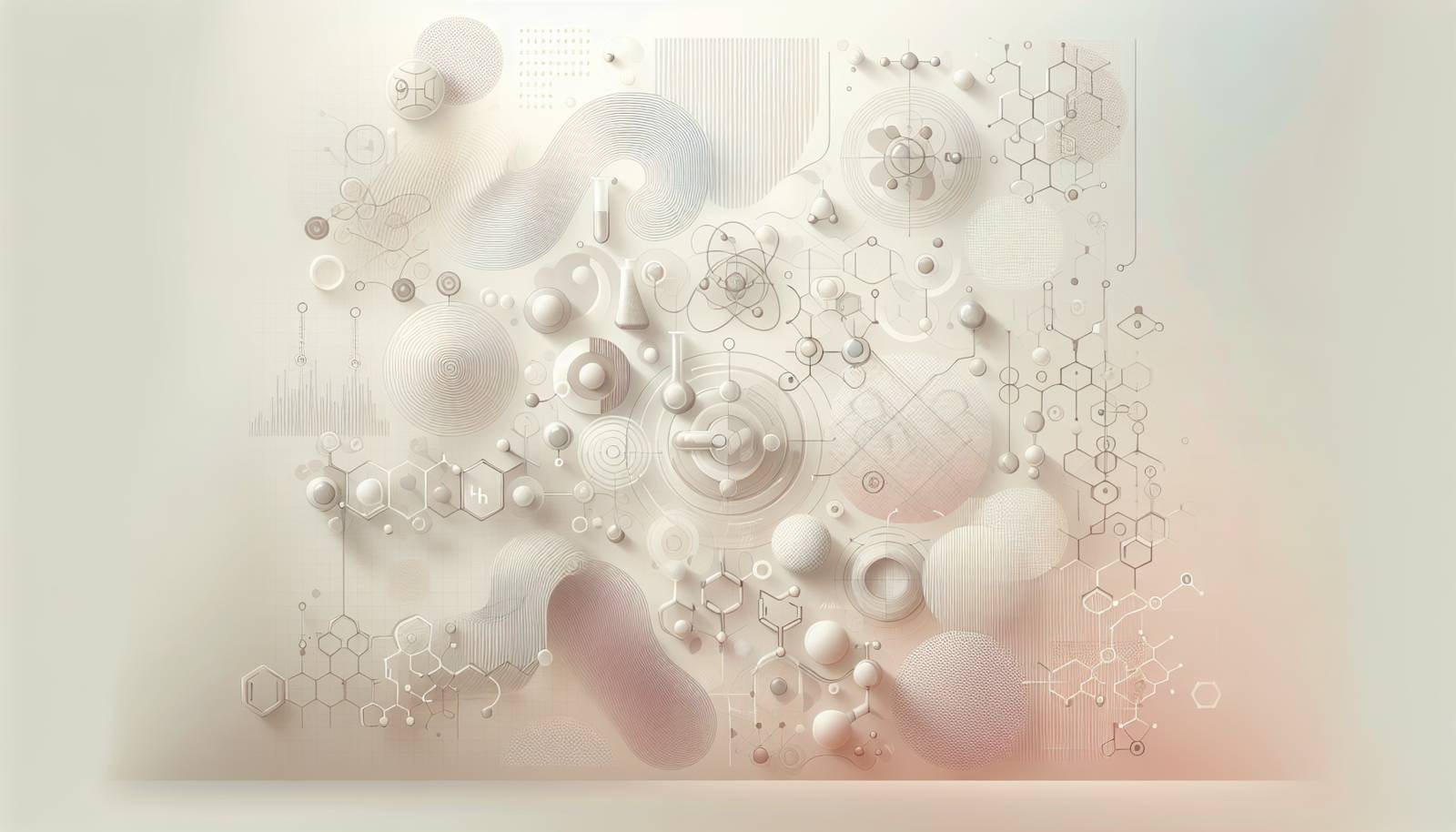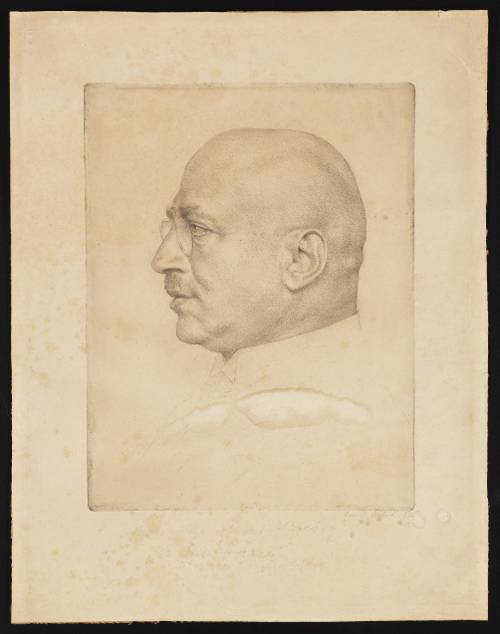
FAQ About Fritz Haber

What is the Haber-Bosch process?
The Haber-Bosch process is an industrial chemical procedure that synthesizes ammonia from nitrogen and hydrogen gases. Invented by Fritz Haber and later developed for industrial use by Carl Bosch, this process involves the reaction of nitrogen (from the air) with hydrogen (usually derived from natural gas) under high temperature and pressure, in the presence of a catalyst. The process was pivotal in producing large quantities of ammonia for use in fertilizers, aiding global agricultural productivity.
